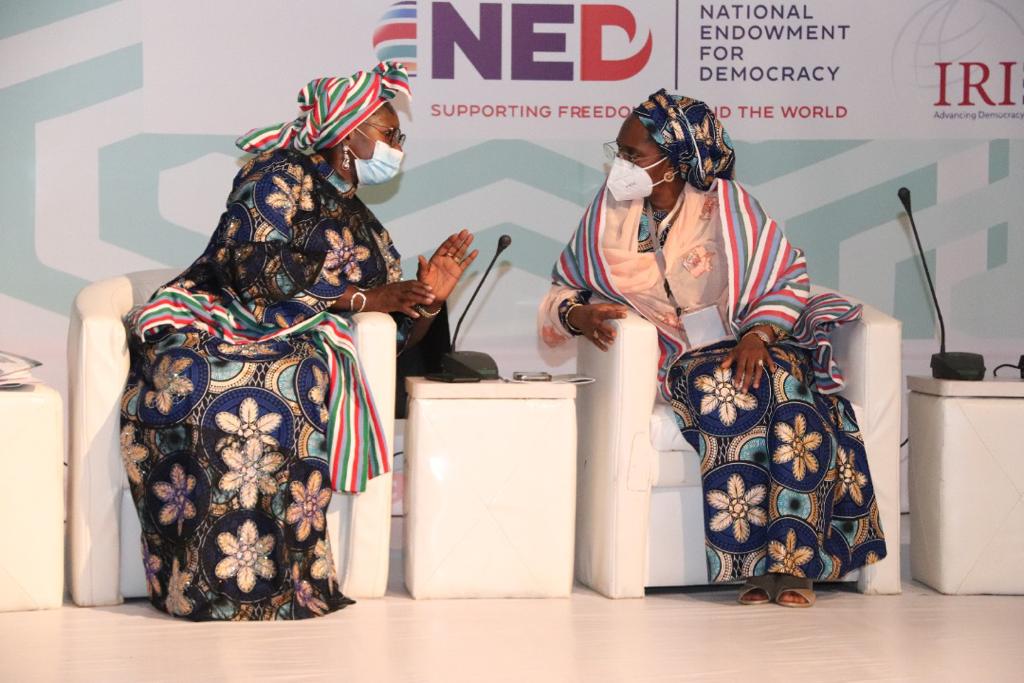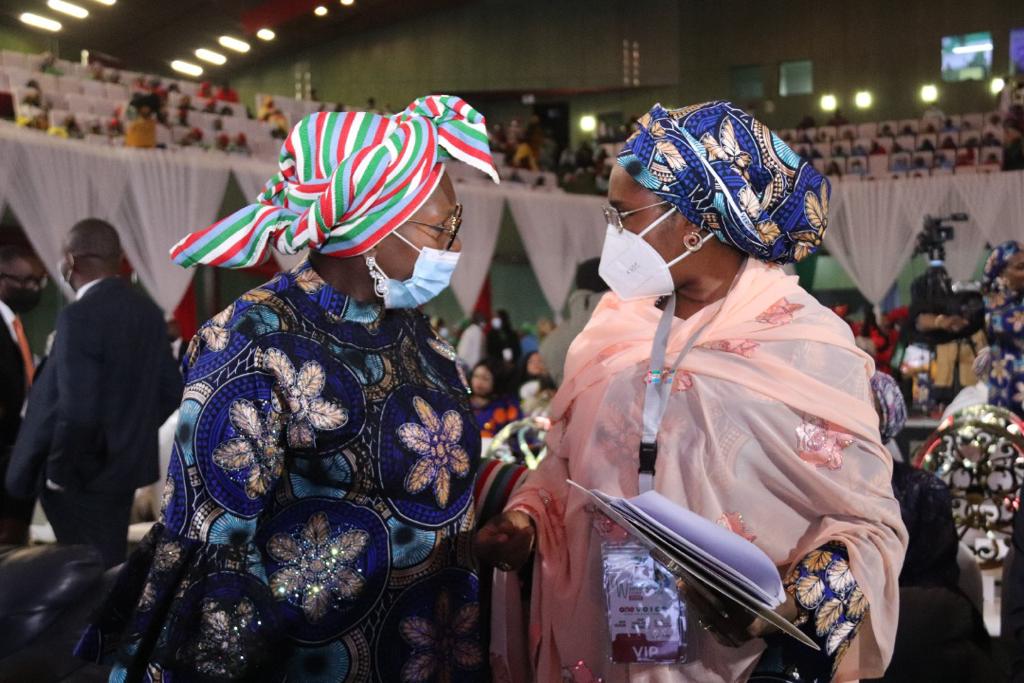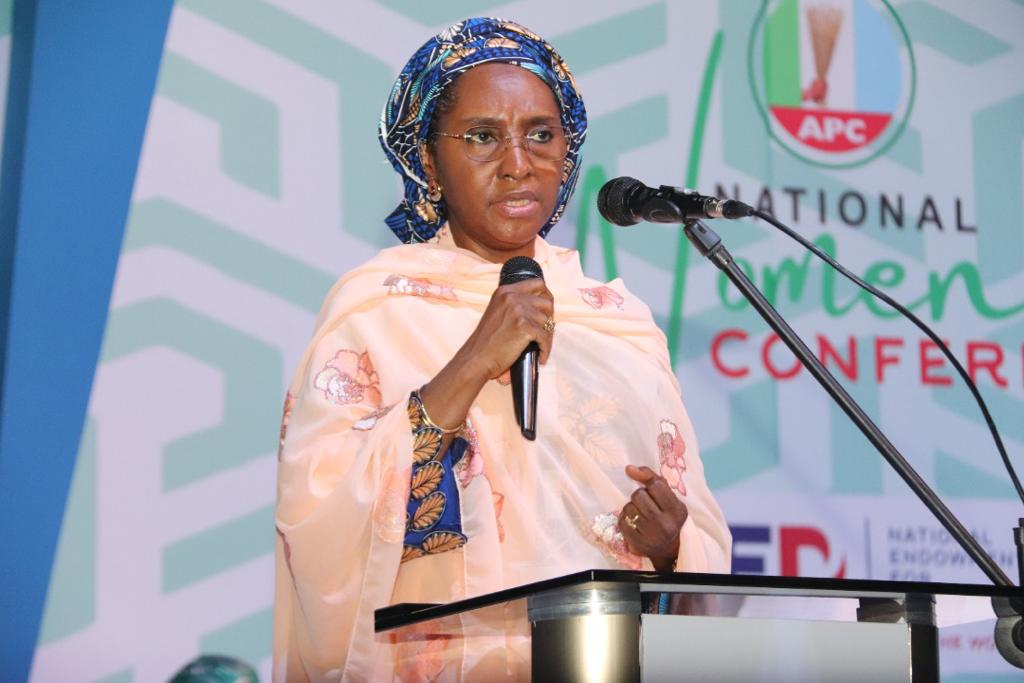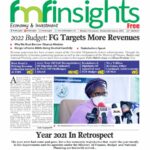Considering the current fiscal policies and interventions for women’s economic empowerment, the Honourable Minister of Finance, Budget and National Planning, Mrs. Zainab Ahmed, has noted the economic empowerment of women and girls as a necessary driver for Nigeria’s development.
In her recent remarks at the One Voice: Women Uniting for Progress APC National Women Conference in Abuja titled: ‘Fiscal Policies and Interventions for Women’s Economic Empowerment: A Key Driver for Sustainable and Inclusive Development in Nigeria’, Mrs Ahmed noted that funding and gender sensitive fiscal policies are critical, as are credible disaggregate data and impact monitoring and evaluation.
She stated: “Recognising that we are contending with increasing fiscal and domestic revenue constraints, we are prioritising fiscal policies and reforms aimed at not only providing short- and medium-term relief but also at sustainability addressing the longstanding challenge of domestic revenue mobilisation, and work towards improving internally generated revenue, blocking tax leakages, creating new tax sources, and promoting effective tax collection.

This, according to her, is being achieved in part through continued implementation of the Strategic Revenue Generation Initiative (SRGI), and through continued incremental fiscal reforms via the introduction of annual Finance Bills, as well as reducing administrative inefficiencies and lowering the overall cost of governance. “Through the implementation of the annual Finance Acts, we are providing tax relief and other support to MSMEs, many of which are women-owned. Additionally, the recently finalised Medium Term National Development Plan was developed with a gender lens, as will be the long-termNational Development Plan currently being finalised,” she also stated.
Additionally, “we at the Ministry are focusing on comprehensive gender mainstreaming across fiscal policy and public financial management. This wholistic approach represents a critical paradigm shift towards systematic and scalable reforms, and leverages the coordination benefits of having the finance, budgeting and planning functionalities under the same federal ministry for the first time in Nigeria’s history.
In her words: “The interventions being led by the Ministry of Finance, Budget, and National Planning include gender responsive budgeting, and assessments of the gender responsiveness of key fiscal interventions (including fiscal stimulus packages) with specific commitments aimed at improving the safety, livelihoods, and economic status of women and girls.
On gender responsive budgeting, she said: “Recognising the critical importance of equitable budget allocation and implementation, we have formally introduced a gender lens for our national budgets, with an express provision in the 2022 Budget call Circular mandating the use of gender responsive budgeting in the preparation of the recently approved 2022 Budget.
This step, according to her, was taken following months of stakeholder consultation, with support from the International Monetary Fund (IMF). She also sated: “Capacity training is currently ongoing, and the Budget Office will be working with MDAs on implementation of the gender budgeting provisions, with an initial focus on those sectors that are critical to human capital development, including health, education, and humanitarian affairs.

“Another area where we have made some progress is a United Nations (UN) Women Supported Review of the gender responsiveness of the National Economic Sustainability Plan (ESP), the N2.3 trillion COVID-19 fiscal stimulus plan. Referencing gross domestic product (GDP) data from the National Bureau of Statistics (NBS), the report recognises the critical role played by the ESP in Nigeria’s swift exit from recession, and that the ESP has express programmes for women and girls as well as several institutional provisions with which to ensure a gender responsive approach to the COVID-19 recovery.
Mrs. Ahmed spoke about recommendations which “include the use of gender disaggregate data to enhance tracking and impact monitoring and evaluation, an area we are exploring with the NBS both for the COVID-19 response and general national development planning and policy implementation.
The ultimate goal, according to her, is to ensure that the necessary credible data is readily available and is disaggregated along gender lines to ensure that finances are reaching the intended beneficiaries. She said that such a focus would yield sustainable and scalable change.
On the development of a gender responsive Integrated National Financing Framework (INFF), Mrs. Ahmed recalled: “In December 2019 we initiated the development of a Nigeria INFF– and I chair a high-level steering committee whose membership includes the World Bank. The INFF is a UN tool designed to help countries strengthen planning processes and overcome existing impediments to financing sustainable development at the national level.
“Our operationalisation of the INFF for sustainable development in Nigeria is helping us strengthen our national and state-level planning processes; and strategically identify and mobilise the resources required to finance our most recent medium- and long-term development plans, and build back better post-COVID-19.
“We are currently reviewing the draft Financing Strategy, and are committed to ensuring that the INFF is gender responsive, in line with overall government commitments around gender responsive national development and financing.
The Honourable Minister emphasised that women’s participation and economic empowerment remain critical to ensuring inclusive, resilient, and sustainable development in Nigeria, and to achieving the shared goals as a nation.
By economically empowering women and ensuring their full participation in society, particularly in leadership and decision-making roles, “we can ensure improved economic development outcomes for all.





